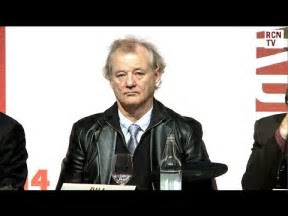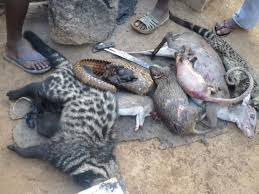What is CATFISH in Spanish?

" Well, I'm a real CATFISH and I'm not in the Internet. In fact, I hate all kinds of nets, especially fish nets!" CATFISH means PEZ GATO or more specifically BAGRE. These days, nevertheless, the term CATFISH has recently acquired a new meaning. A person who creates a fake identity to perhaps troll others. or with even more sinister purposes, is now commonly called a CATFISH and the action of doing such thing is known as CATFISHING. There is no term for that in Spanish so perhaps using the term PEZ GATO or BAGRE to refer to those people will be the option to use.
































